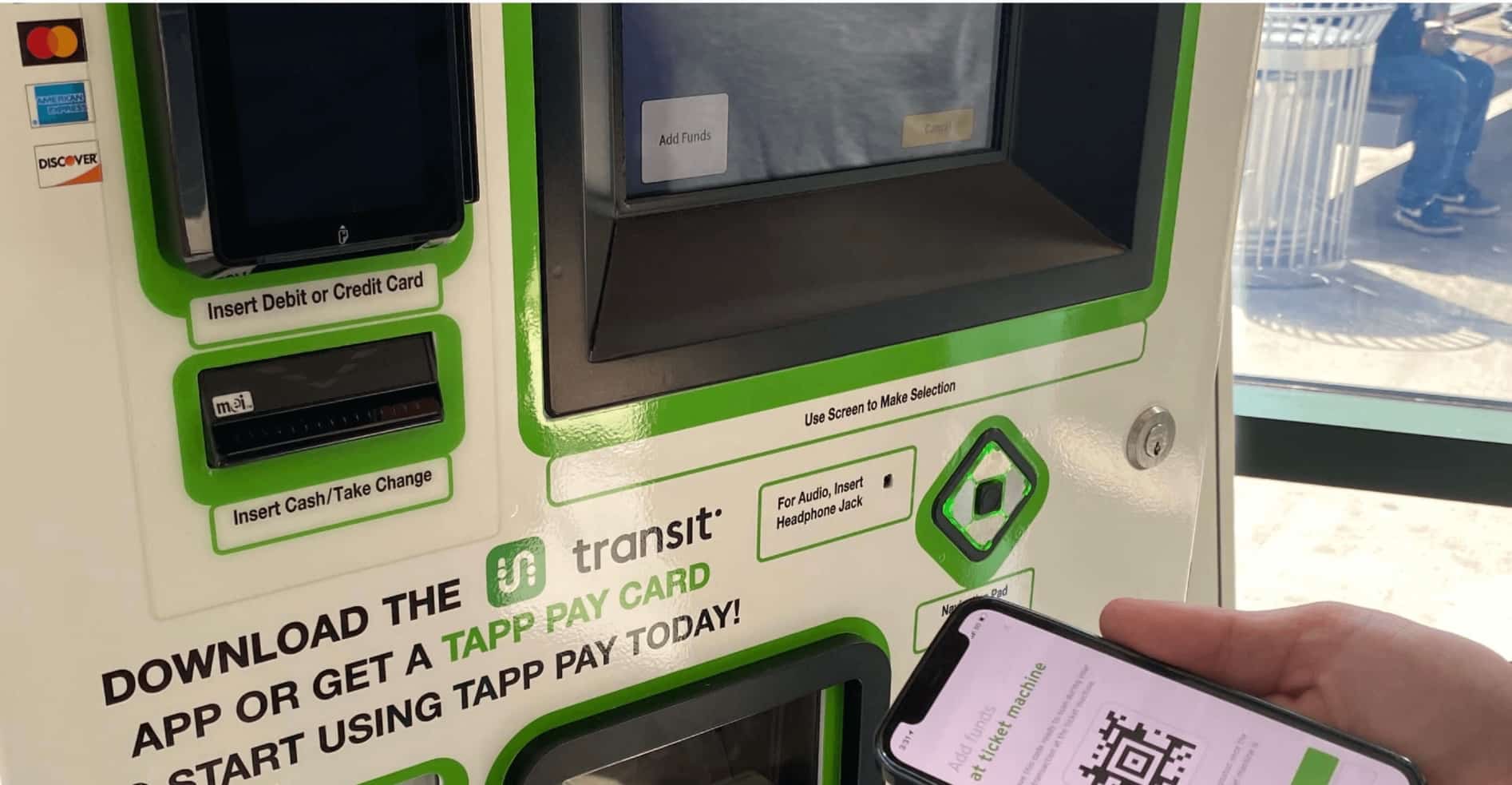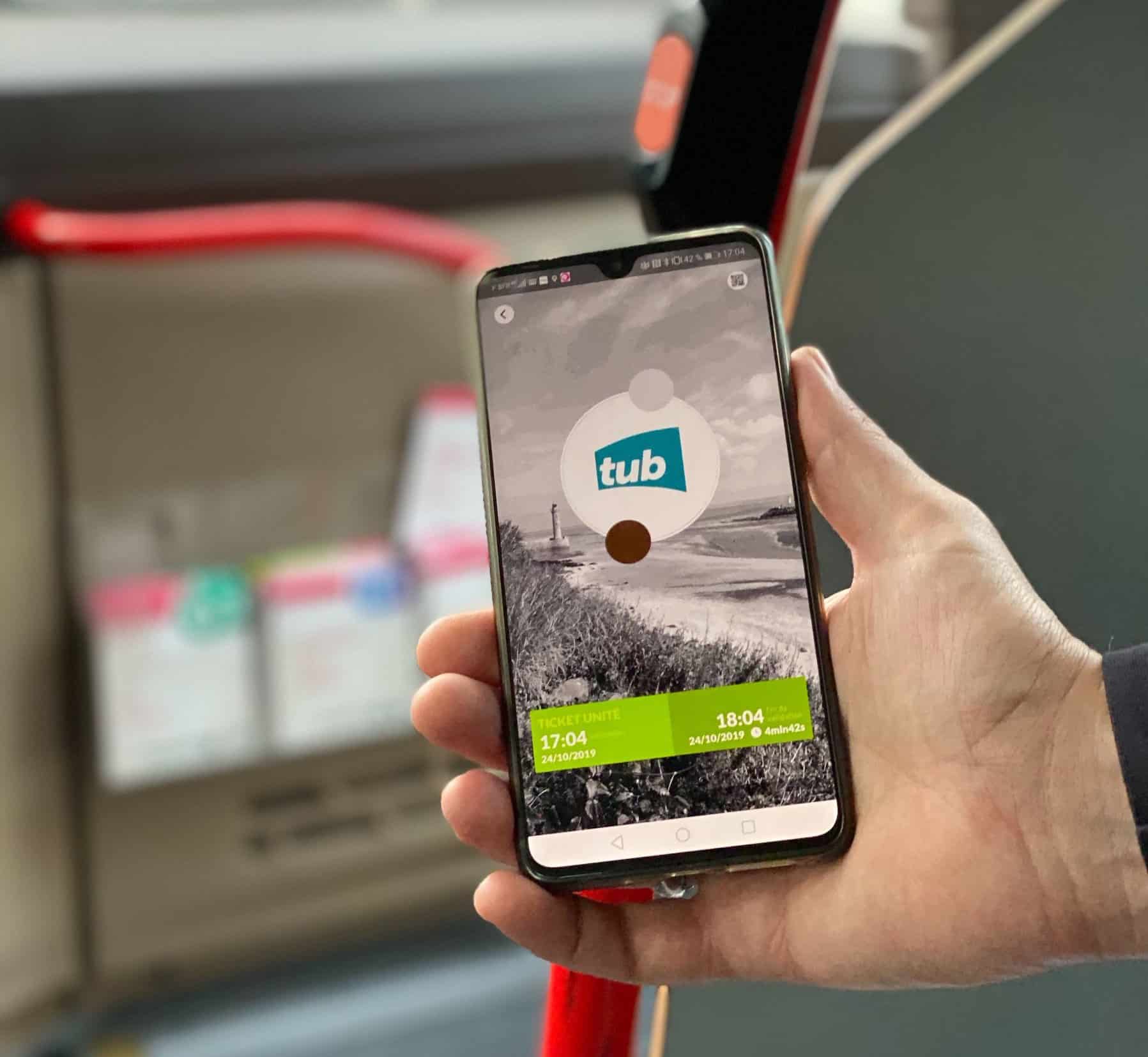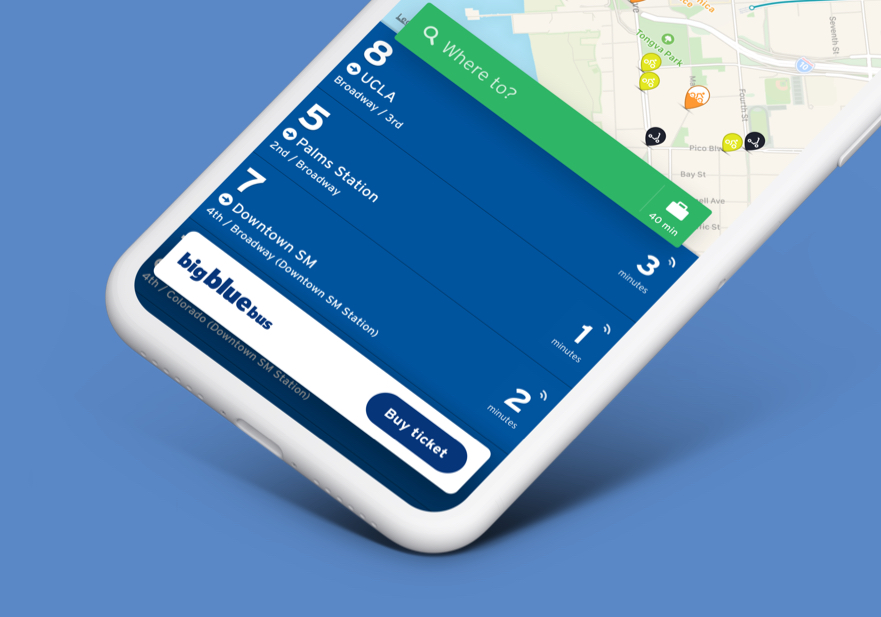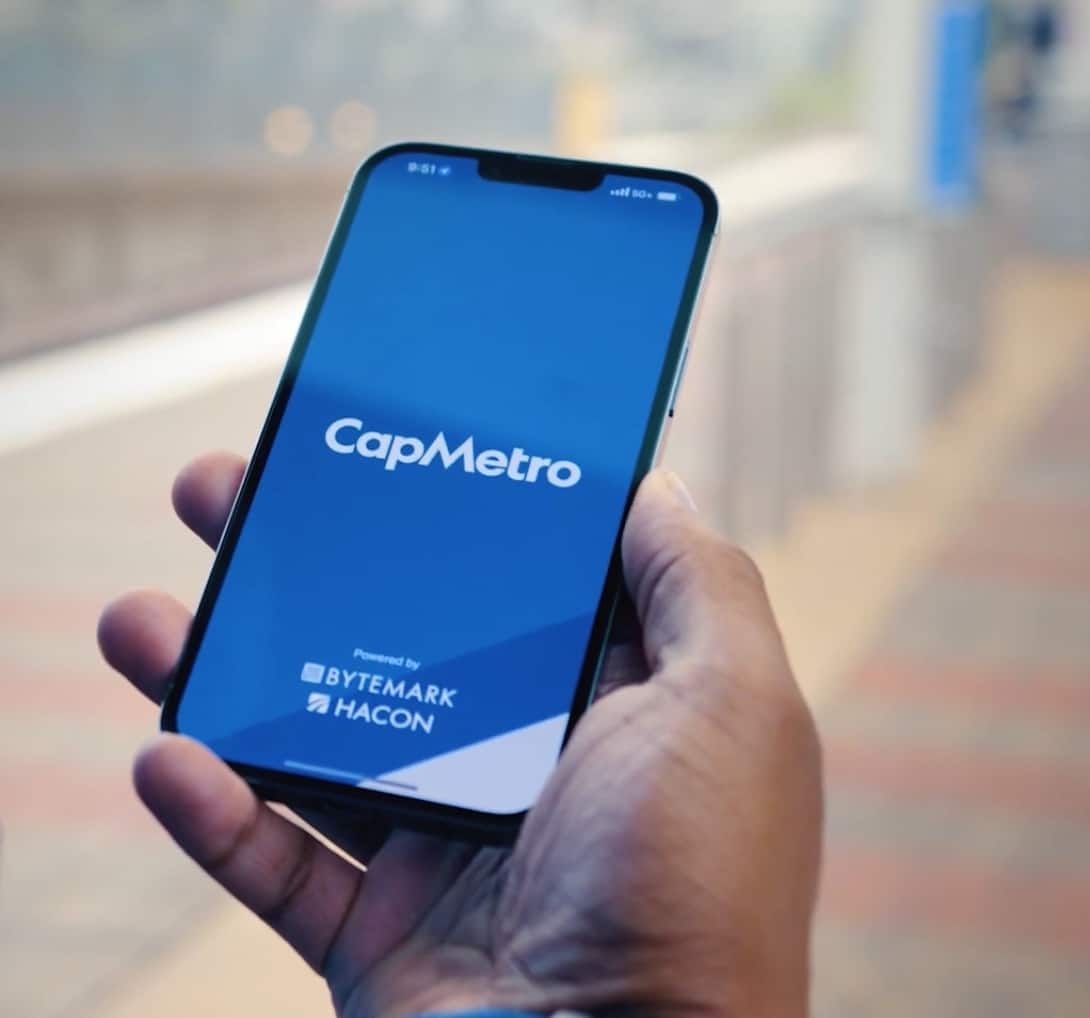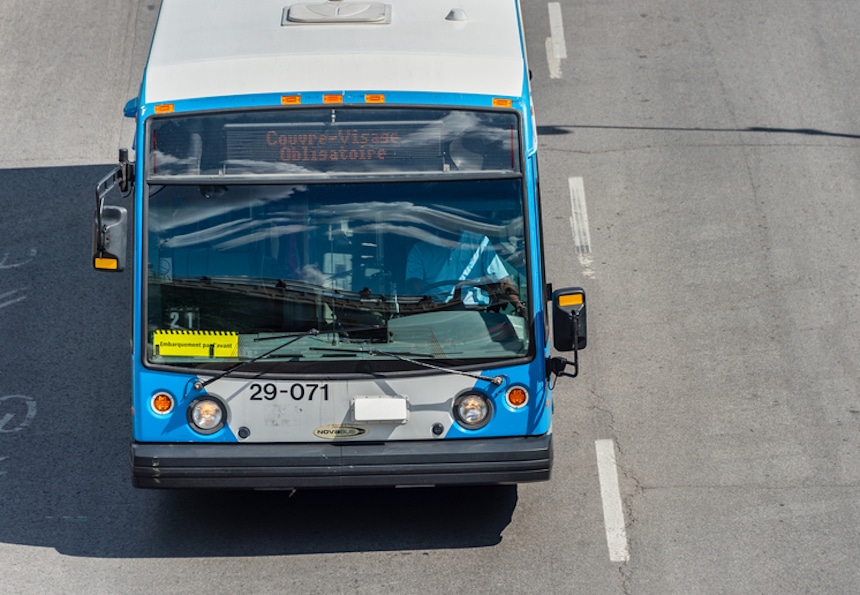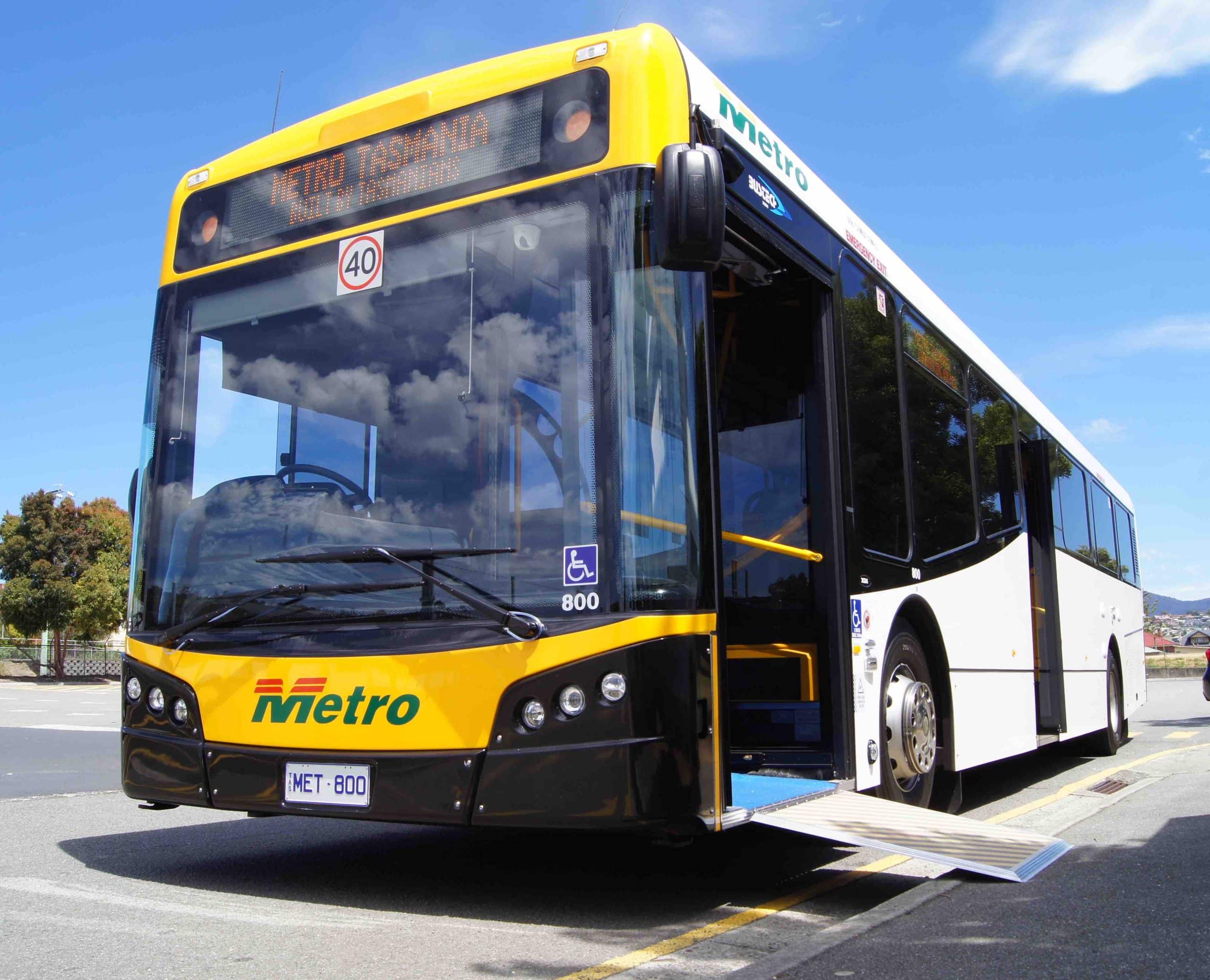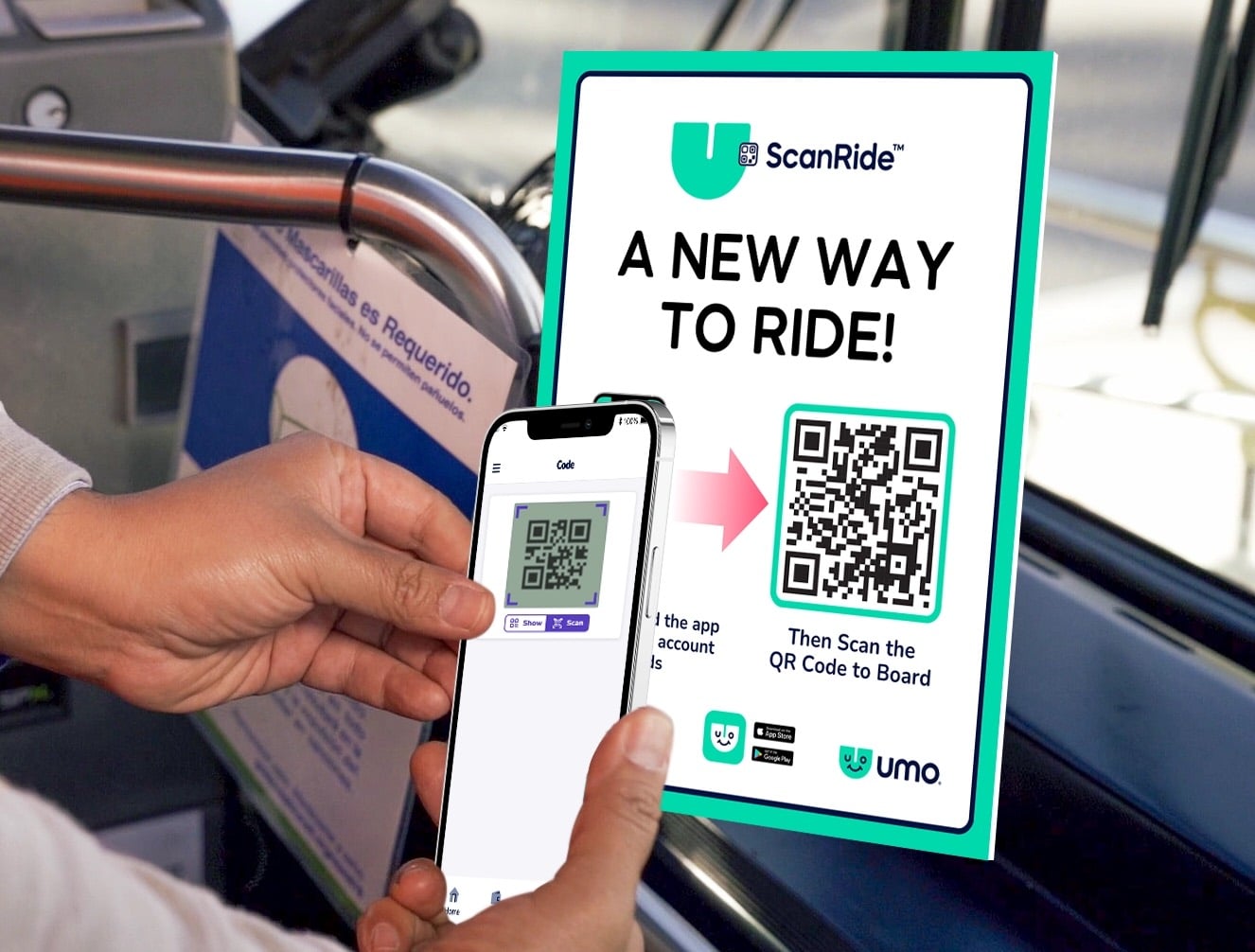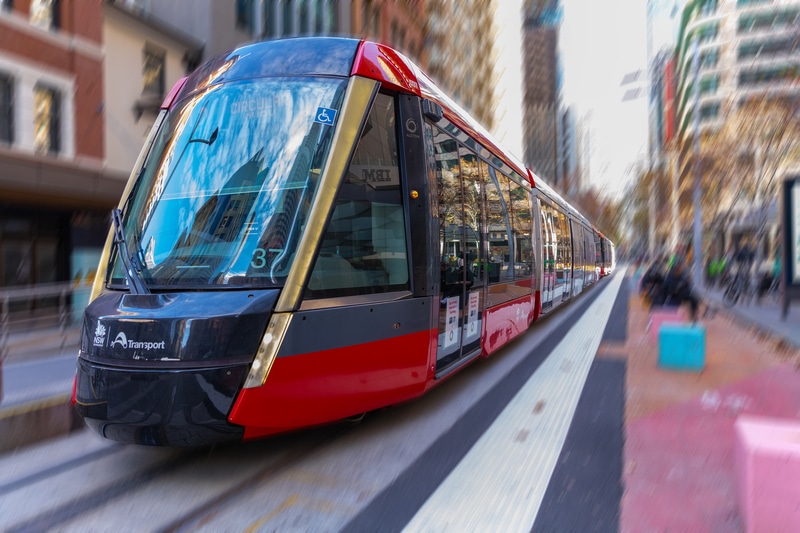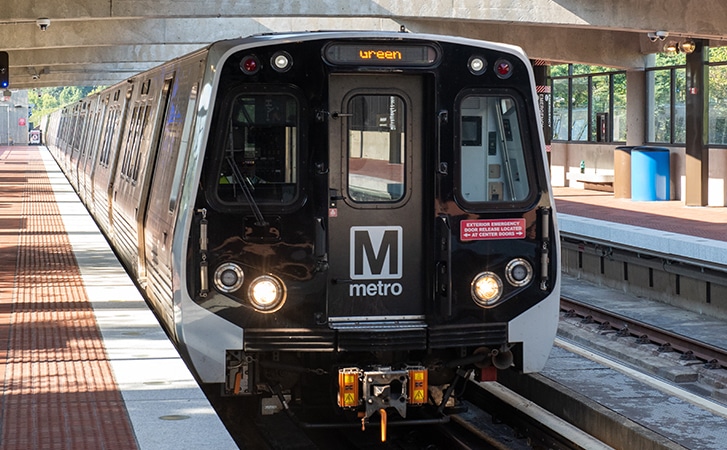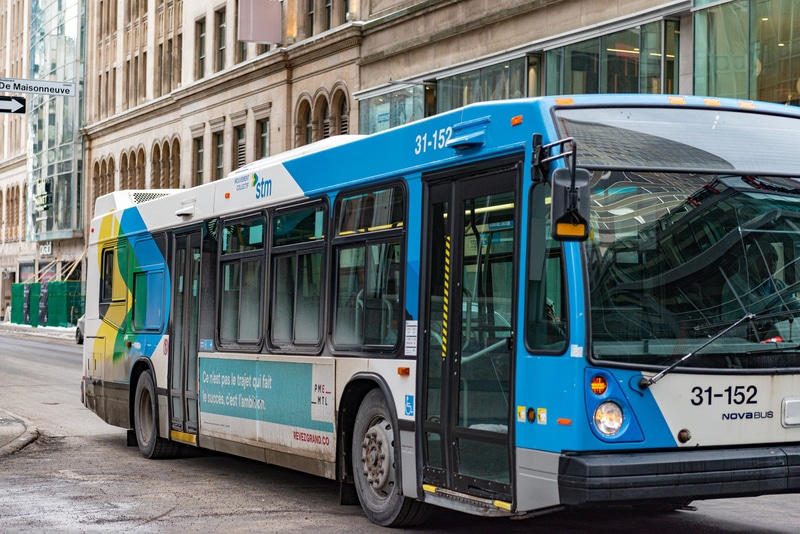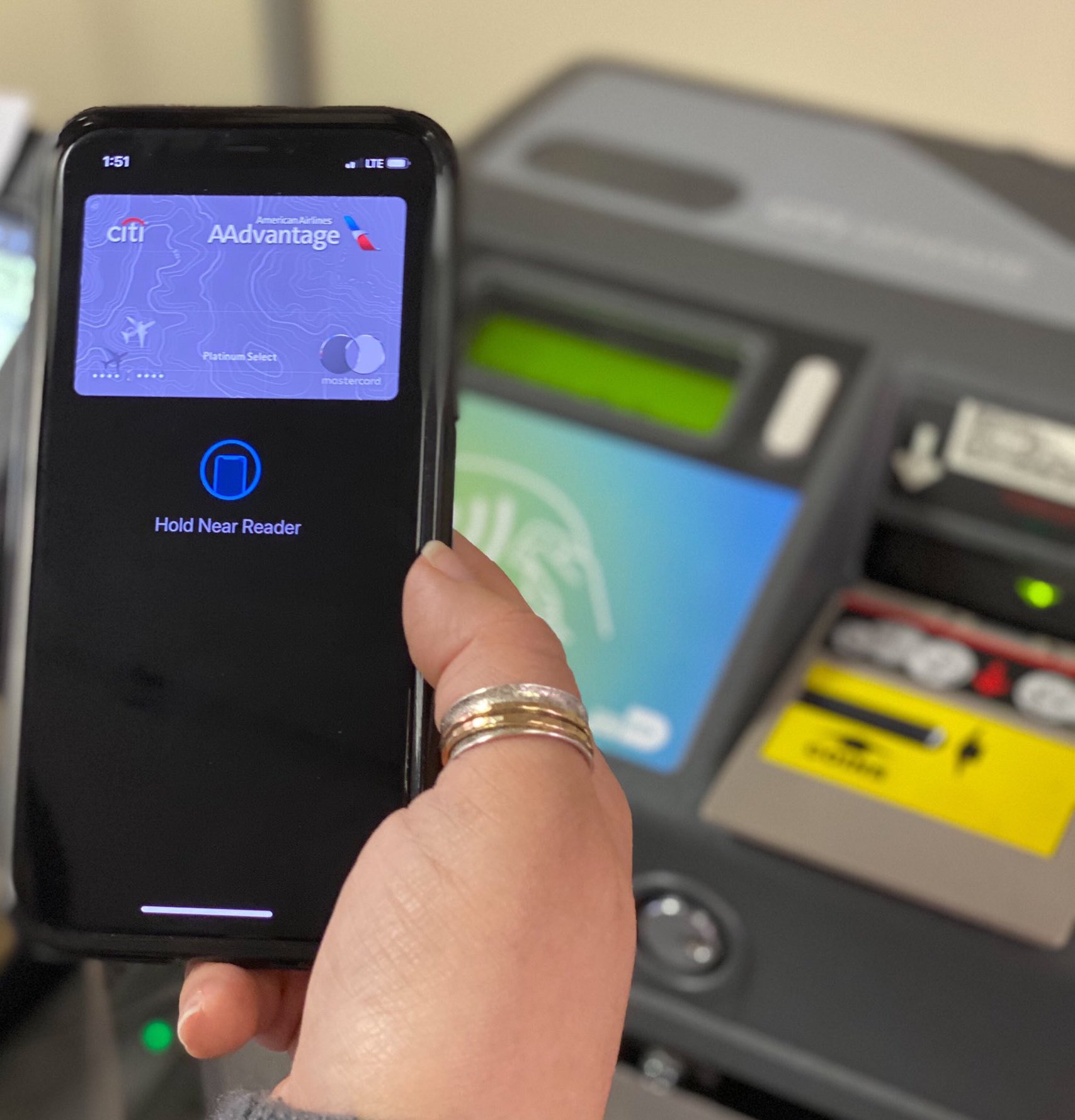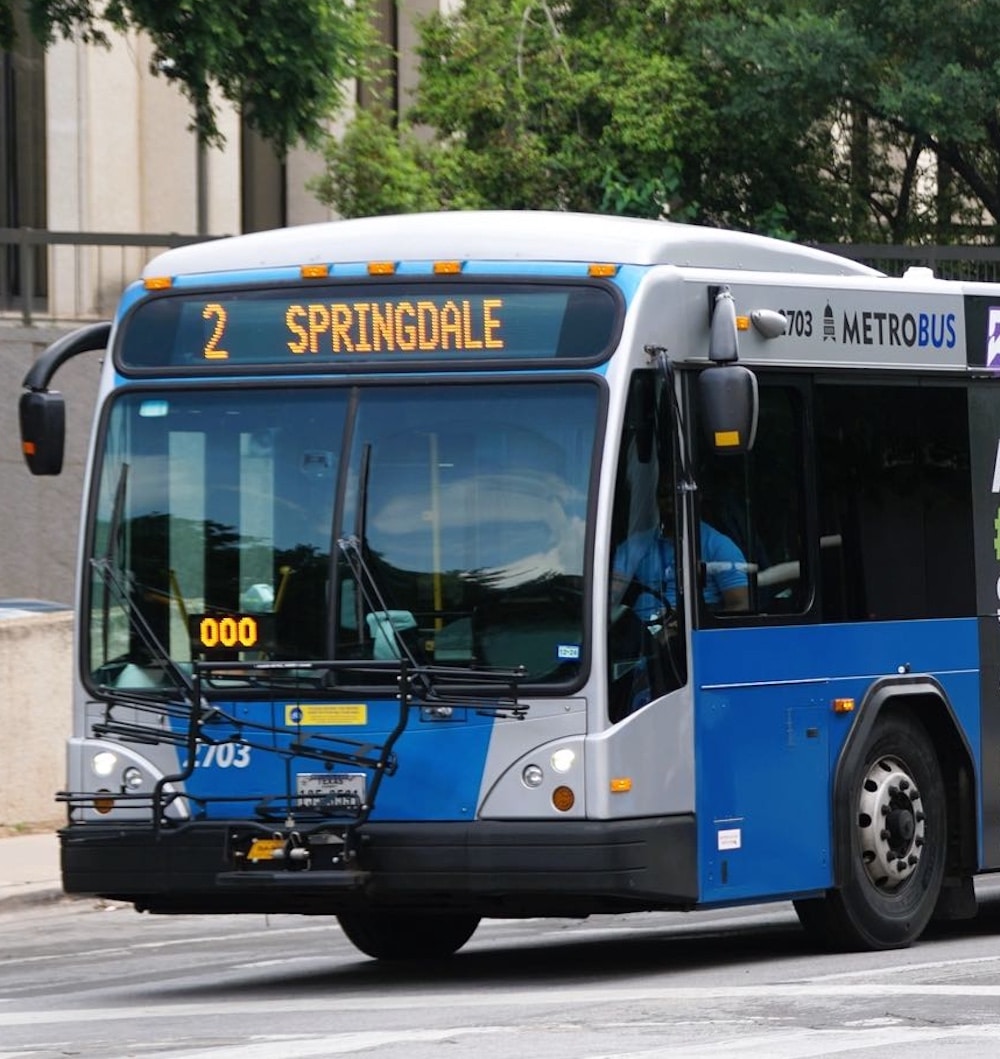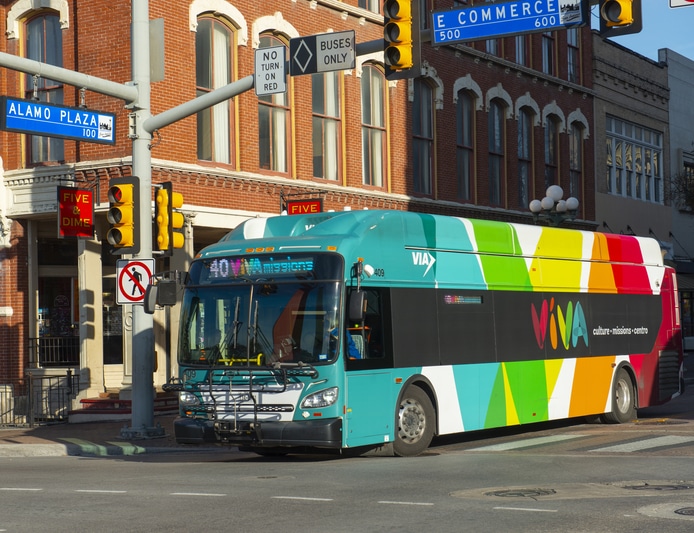
Article Highlights
More transit agencies are seeking to add cash reloading points for customers to reduce cash acceptance on board vehicles and to accommodate their unbanked and underbanked customers.
VIA’s mobile ticketing is now also available in the trip-planning Transit app, which has enabled more than 50 transit agencies to sell tickets through its app, working with Masabi and another software-as-a-service ticketing vendor, Token Transit.
• VIA Metro Transit
• • Masabi
• Token Transit
• Transit
Another public transit agency plans to enable customers to load value to their mobile accounts at retail locations and to buy tickets through both a local app and the trip-planning Transit app.







